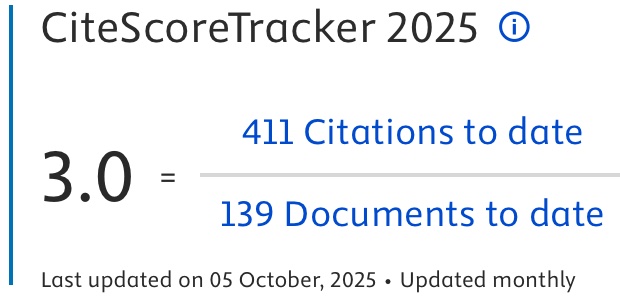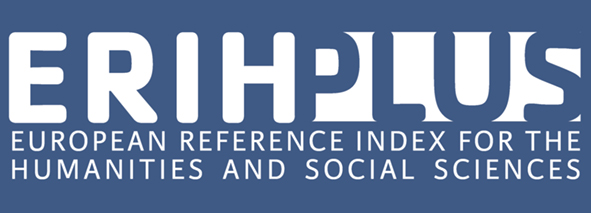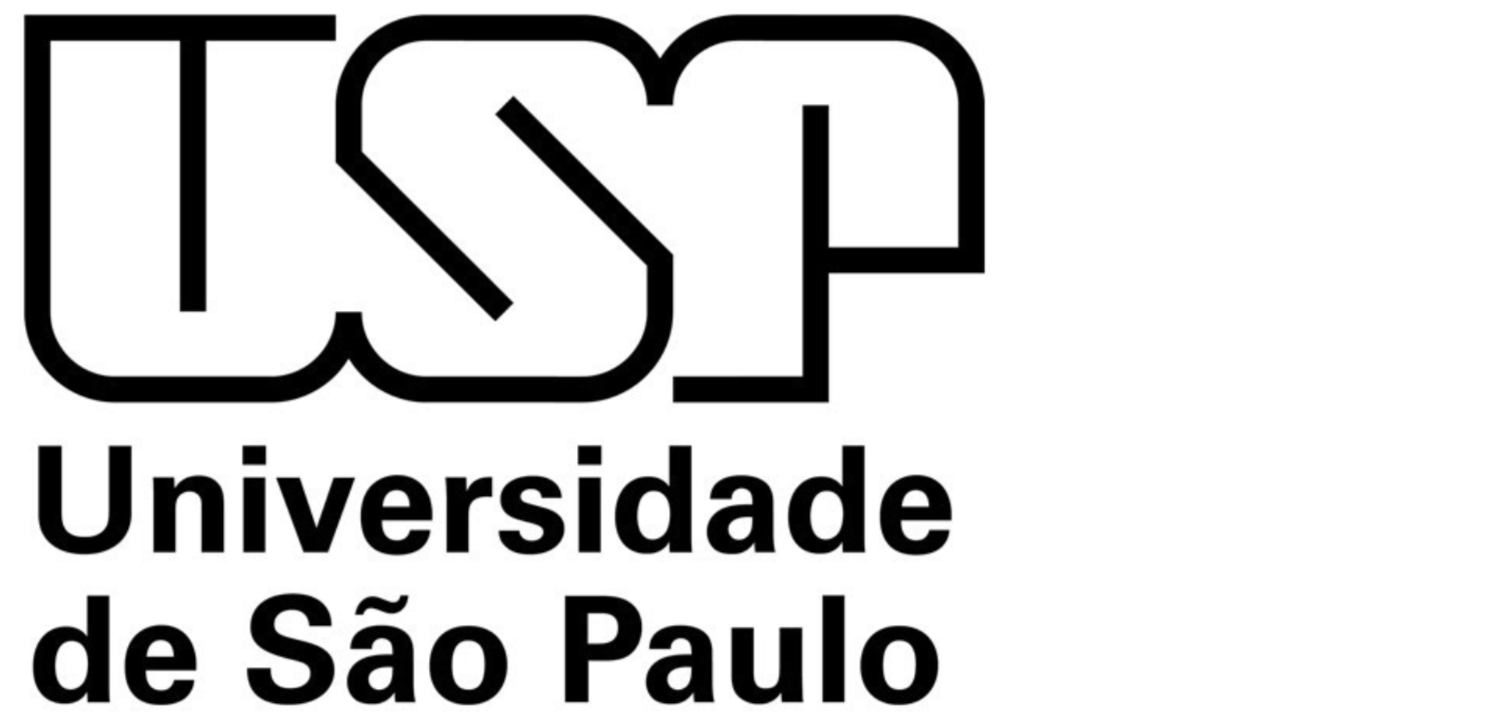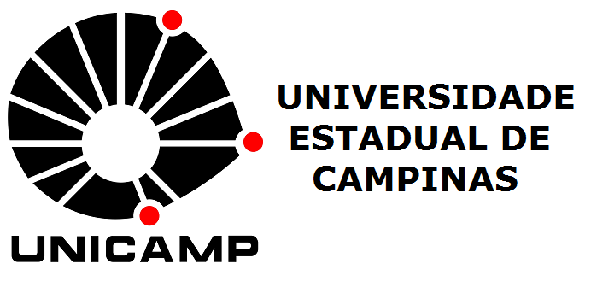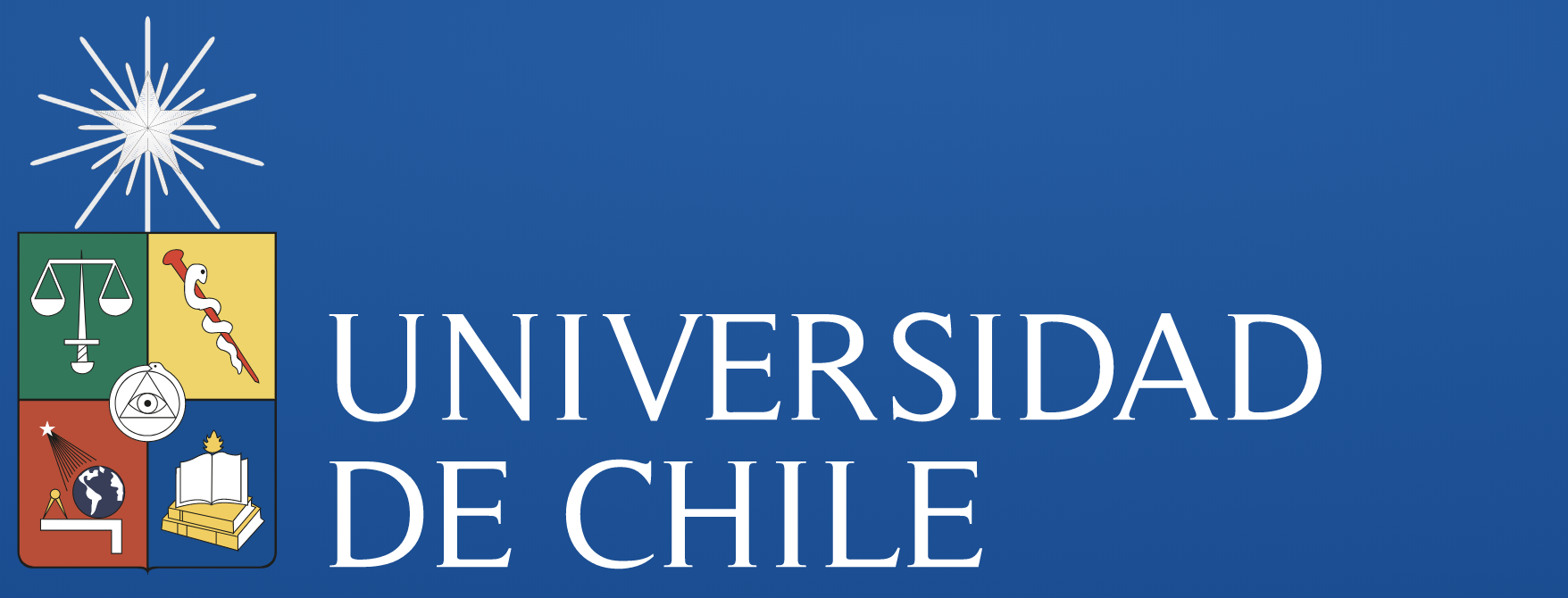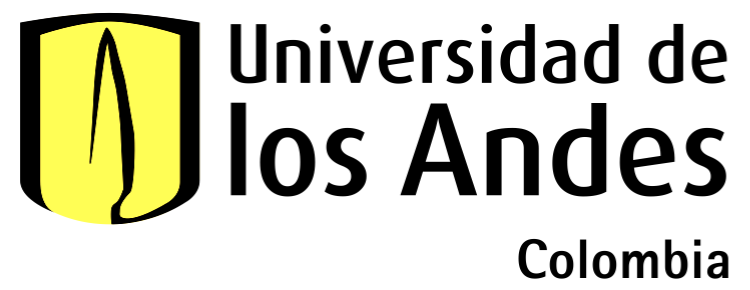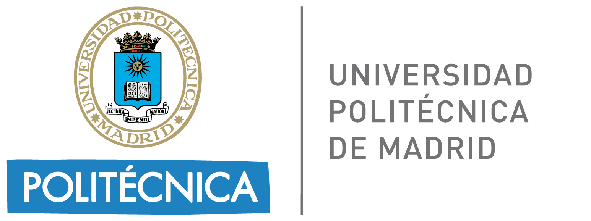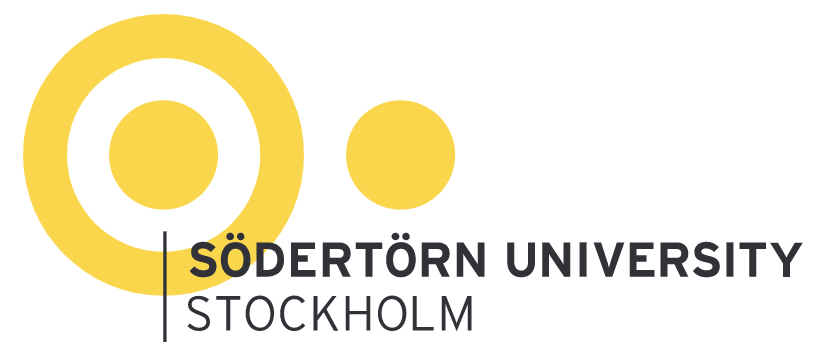Urban strategic foresight in European territories – Lessons from Geneva and Luxembourg
DOI:
https://doi.org/10.19229/2464-9309/1522024Keywords:
strategic foresight, vision, territory, multiscalar approach, resourcesAbstract
The contribution offers an overview of the international consultations held over the past decade in Geneva and Luxembourg as part of the ecological transition process initiated in their territories. The first part frames the context within which the consultations occurred, reporting on the evolution of regional environmental conditions. The second part briefly describes the ‘strategic foresight’ method in both consultations. The third part reports on the outcomes of the consultations and proposals to national and local governments and their transboundary counterparts for methods, tools and devices to tackle the current environmental crisis and develop coordinated projects at all scales. The overall objective was to steer local communities towards zero-carbon development paths and climate change adaptation. The text concludes with some reflections on the timeliness of strategic foresight as a valuable tool for building a renewed critical role of the architectural discipline in a context of social and environmental uncertainty. It argues that design approaches, methodologies and tools can no longer be based on the ideology of anthropocentric dominance over the biosphere: instead, architecture must sustain a primary role in becoming a spokesperson for the crucial challenges of our time.
Article info
Received: 14/05/2024; Revised: 20/05/2024; Accepted: 30/05/2024
Downloads
Article Metrics Graph
References
Abercrombie, P. (1944), Greater London Plan, University of London Press, London.
Ache, P. (2011), “Creating futures that would otherwise not be – Reflections on the Greater Helsinki Vision process and the making of metropolitan regions”, in Progress in Planning, vol. 75, issue 4, pp. 155-192. [Online] Available at: doi.org/10.1016/j.progress.2011.05.002 [Accessed 11 May 2024].
Bahnam, R. (1971), Los Angeles The Architecture Of Four Ecologies, Harper & Row Publishers, New York.
Barrau, A. (2019), Le plus grand défi de l’histoire de l’humanité, Edition Michel Lafon, Paris.
Brion, J. (2023), “Researchers name Canadian lake as best witness of Anthropocene”, in Le Monde, 13/07/2023. [Online] Available at: lemonde.fr/en/environment/article/2023/07/13/in-canada-a-lake-bears-witness-to-the-onset-of-the-anthropocene_6051333_114.html [Accessed 11 May 2024].
Carrington, D. (2021), “We’re uncharted territory for the world’s climate, UN says”, in The Guardian, 31/10/2021. [Online] Available at: theguardian.com/environment/2021/oct/31/were-in-uncharted-territory-for-the-worlds-climate-un-says [Accessed 11 May 2024].
Descola, P. (2024), Beyond Nature and Culture, University of Chicago Press, Chicago.
Drevon J.-F. (ed.) (2009), Le Grand Pari(s) – Consultation internationale sur l’avenir de la métropole Parisienne, Editions Le Moniteur, Paris.
European Commission (2021), Communication from the Commission to the European Parliament, the Council, the European Economic and Social Committee and the Committee of the Regions – ‘Fit for 55’ – Delivering the EU’s 2030 Climate Target on the way to climate neutrality, document 52021DC0550, 550 final. [Online] Available at: eur-lex.europa.eu/legal-content/EN/TXT/?uri=CELEX%3A52021DC0550&qid=1708525014805 [Accessed 11 May 2024].
European Commission (2018), Communication from the Commission to the European Parliament, the European Council, the Council, the European Economic and Social Committee and the Committee of the Regions – A Clean Planet for All – A European strategic long-term vision for a prosperous, modern, competitive and climate neutral economy, document 52018DC0773, 773 final. [Online] Available at: eur-lex.europa.eu/legal-content/EN/TXT/?uri=CELEX%3A52018DC0773 [Accessed 11 May 2024].
Goar, M. (2024), Ocean temperatures reach impressive and worrying record levels”, in Le Monde, 01/02/24. [Online] Available at: emonde.fr/en/environment/article/2024/02/01/ocean-temperatures-reach-impressive-and-worrying-record-levels_6485327_114.html [Accessed 11 May 2024].
Hall, P. G. (1973), The Containment of Urban England, Allen and Unwin for PEP, Beverly Hills, Sage Publications, London.
Harvey, F. (2022), “World heading into ‘uncharted territory of destruction’, says climate report”, in The Guardian, 13/09/2022. [Online] Available at: theguardian.com/environment/2022/sep/13/world-heading-into-uncharted-territory-of-destruction-says-climate-report [Accessed 11 May 2024].
IPCC – Intergovernmental Panel on Climate Change (2023), Climate Change 2023 – Longer Report. [Online] Available at: report.ipcc.ch/ar6syr/pdf/IPCC_AR6_SYR_LongerReport.pdf [Accessed 11 May 2024].
Malm, A. (2018), The Progress of this Storm – Nature and Society in a Warming World, Verso, New York/London.
McCarthy, F. M., Patterson, R. T., Head, M. J., Riddick, N. L., Cumming, B. F., Hamilton, P. B., Pisaric, M. F., Gushulak, A. C., Leavitt, P. R., Lafond, K. M., Llew-Williams, B., Marshall, M., Heyde, A., Pilkington, P. M., Moraal, J., Boyce, J. I., Nasser, N. A., Walsh, C., Garvie, M. et alii (2023), “The varved succession of Crawford Lake, Milton, Ontario, Canada as a candidate Global boundary Stratotype Section and Point for the Anthropocene series”, in The Anthropocene Review, vol. 10, issue 1, pp. 146-176. [Online] Available at: doi.org/10.1177/2053019622114928 [Accessed 11 May 2024].
Rifkin, J. (2011), The Third Industrial Revolution – How Lateral Power Is Transforming Energy, the Economy, and the World, Palgrave MacMillan, New York.
Roubini, N. (2022), Megathreats – The Ten Trends that Imperil Our Future, and How to Survive Them, John Murray Press.
Secchi, B. (1984), “Le condizioni sono cambiate”, in Casabella, vol. 298-99, pp. 8-13.
Sloterdijk, P. (2024), The Terrible Children of Modernity – An Antigenealogical Experiment, Columbia University Press.
Subramanian, M. (2019), “Anthropocene now – Influential panel votes to recognize Earth’s new epoch”, in Nature, 21/05/2019. [Online] Available at: doi.org/10.1038/d41586-019-01641-5 [Accessed 11 May 2024].
Tarlet, J. (1999), La planification écologique – Méthodes et techniques, Economica, Paris.
Tubbesing, T. (2018), Der Wettbewerb Gross-Berlin 1910 – Die Entstehung einer modernen Disziplin Städtebau, Wasmuth Verlag, Berlin.
UN – United Nations (2015), Paris Agreement. [Online] Available at: unfccc.int/sites/default/files/english_paris_agreement.pdf [Accessed 11 May 2024].
von Uexküll, J. J. (1909), Umwelt und Innewelt der Tiere, Verlag von Julius Springer, Berlin.
WMO – World Meteorological Organisation (2023), The Global Climate 2011-2020 – A Decade of Accelerating Climate Change, WMO-1338. [Online] Available at: library.wmo.int/idurl/4/68585 [Accessed 11 May 2024].
Zhong, R. (2024), “We’re in the Same (Very) Old Epoch”, in The New York Times, newspaper, 20/03/2024, p. 8.
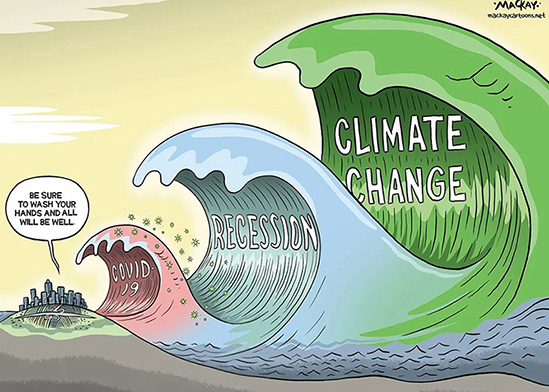
Downloads
Published
How to Cite
Issue
Section
Categories
License
Copyright (c) 2024 Panos Mantziaras

This work is licensed under a Creative Commons Attribution 4.0 International License.
This Journal is published under Creative Commons Attribution Licence 4.0 (CC-BY).
License scheme | Legal code
This License allows anyone to:
Share: copy and redistribute the material in any medium or format.
Adapt: remix, transform, and build upon the material for any purpose, even commercially.
Under the following terms
Attribution: Users must give appropriate credit, provide a link to the license, and indicate if changes were made; users may do so in any reasonable manner, but not in any way that suggests the licensor endorses them or their use.
No additional restrictions: Users may not apply legal terms or technological measures that legally restrict others from doing anything the license permits.
Notices
Users do not have to comply with the license for elements of the material in the public domain or where your use is permitted by an applicable exception or limitation.
No warranties are given. The license may not give users all of the permissions necessary for their intended use. For example, other rights such as publicity, privacy, or moral rights may limit how you use the material.






